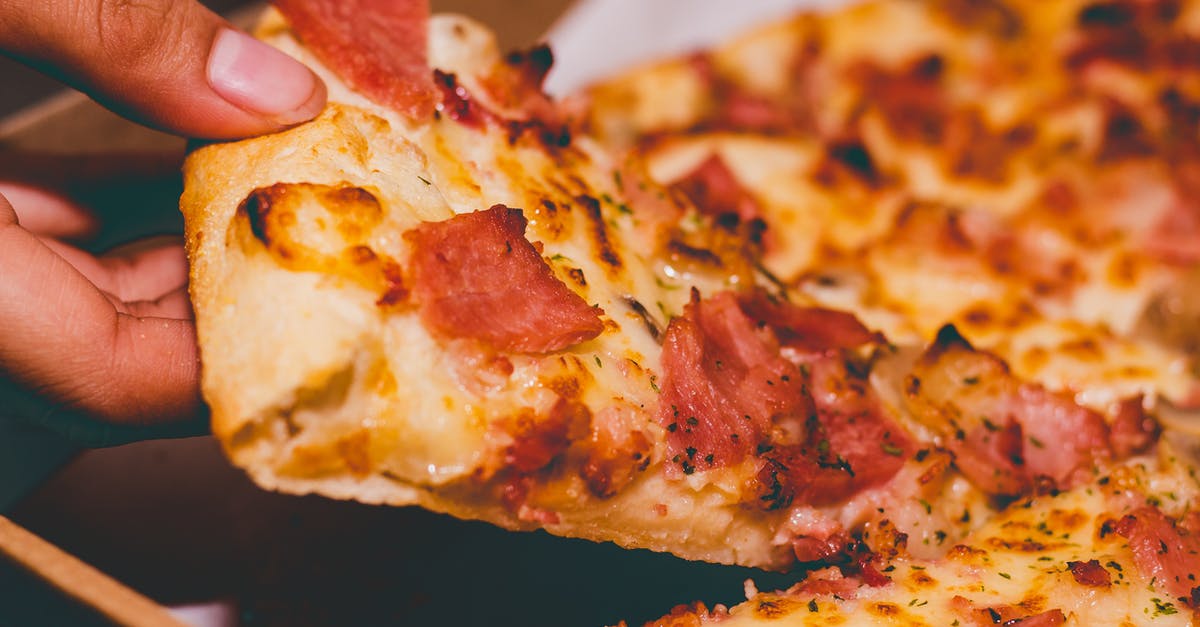Why does my mozzarella crumble?

I'm trying to make mozzarella at home. I'm following this recipe (without citric acid), but I also tried this one (with citric acid), without any result. I think my italian is sufficient for understanding the above recipes. I'll summarize the video recipe for you:
- I took 2l milk, (exact type below) and heated to 40°C
- Add 1tsp natural yoghurt for each liter of milk (I doubled this)
- Add the rennet dissolved in cold water (exact type below)
- wait 1h, cut up the curd (so far seems to be ok)
- wait 20min, till the curd and the whey separates (bit suspicious: the curd does not sink)
- break the curd into small ("piccoli-piccoli") pieces, and let them separate for 4 hours (very suspicious: does not sink, floats on top of the whey)
- remove whey, put the curd into a sieve, and let it drip-dry for 18 hours (suspicious: when it seems dry, I put it onto a plate for the remaining time c.a. 4h?, but the plate fills up with whey)
- now I should be able to form the cheese in warm/hot water, but I do not get to this point, because the curd/cheese falls apart, it stays in little crumbs, like cottage cheese
What am I doing wrong? The materials I use:
I'm planning to try to get natural milk, only cooled, no pasteurization and homogenization, but before I do that, I'd like to know, what went wrong.
Note: I've looked around here before placing the question, I found these:
- this does not apply, because the milk I'm using is not UHT pasteurized
- the other questions are mainly about microwave recipes, which I try to avoid
Best Answer
It's a bad recipe. Here's why:
The way to make mozzarella without using citric acid is to use cheese cultures to acidify the curd, since in order to achieve the cheese's characteristic stretchiness it needs to have a pH of between 5.0 and 5.6..
That recipe has you add a "culture":
Add 1tsp natural yoghurt for each liter of milk (I doubled this)
... however, yogurt is not the same as Thermophilic cheese culture, which is what you use in mozzarella recipes. In fact, the 40C temperature you used is enough to kill the yogurt culture, meaning that it likely didn't acidify the milk at all. Besides which, the yogurt culture would have had other, undesirable, effects on the texture of the curd.
There's lots of other weird and suspicious factors in that recipe (18 hour drain? WTH?); I'd recommend simply discarding it and using the Ricki Carroll recipe instead.
Pictures about "Why does my mozzarella crumble?"



Quick Answer about "Why does my mozzarella crumble?"
High acidity, i.e. low PH, will result in a cheese that crumbles. Low acidity, i.e. higher pH, will result in a cheese that stretches and melts well. Heating the milk and adding food grade citric acid to the milk help reduce the pH level to between 5.2 - 5.4, which is what you want when making mozzarella cheese.How do you fix crumbly mozzarella?
This is normally caused by one of two things: Either the cheese was not salted enough, or the cheese was not drained enough. Add a little extra salt, stir, and try to get some more whey out. Wrap your cheese in a cheesecloth and press at 5 pounds of pressure for 15 minutes. Then taste again.How do you make mozzarella smooth?
If it's hard to shape into a ball or comes apart while stretching, place back in the hot liquid and allow to heat up a little more to shape into the final, smooth ball. You can also make small mozzarella balls (Bocconcini).How do you make mozzarella more stretchy?
If the acidity is too low, the curds will not stretch later on in the process. If the acidity is too high, the curds will become grainy and fall apart when attempting to stretch them into mozzarella. If you do not have a pH meter, you can still make great soft or firm mozzarella if you follow the steps carefully.Homemade cheese troubleshooting. Why aren’t my curds setting? Why aren’t I getting curds?
More answers regarding why does my mozzarella crumble?
Answer 2
It could be that you are not maintaining enough heat through the process to get good curd separation, but ultimately, I think your curds became too dry. Eighteen hours seems far too long. I've had success with these instructions. They state that dry curds lead to tough mozzarella, but you might have drained them so much that they would not even compact together.
Sources: Stack Exchange - This article follows the attribution requirements of Stack Exchange and is licensed under CC BY-SA 3.0.
Images: Ragga Muffin, Narda Yescas, Cats Coming, Sebastian Coman Photography
